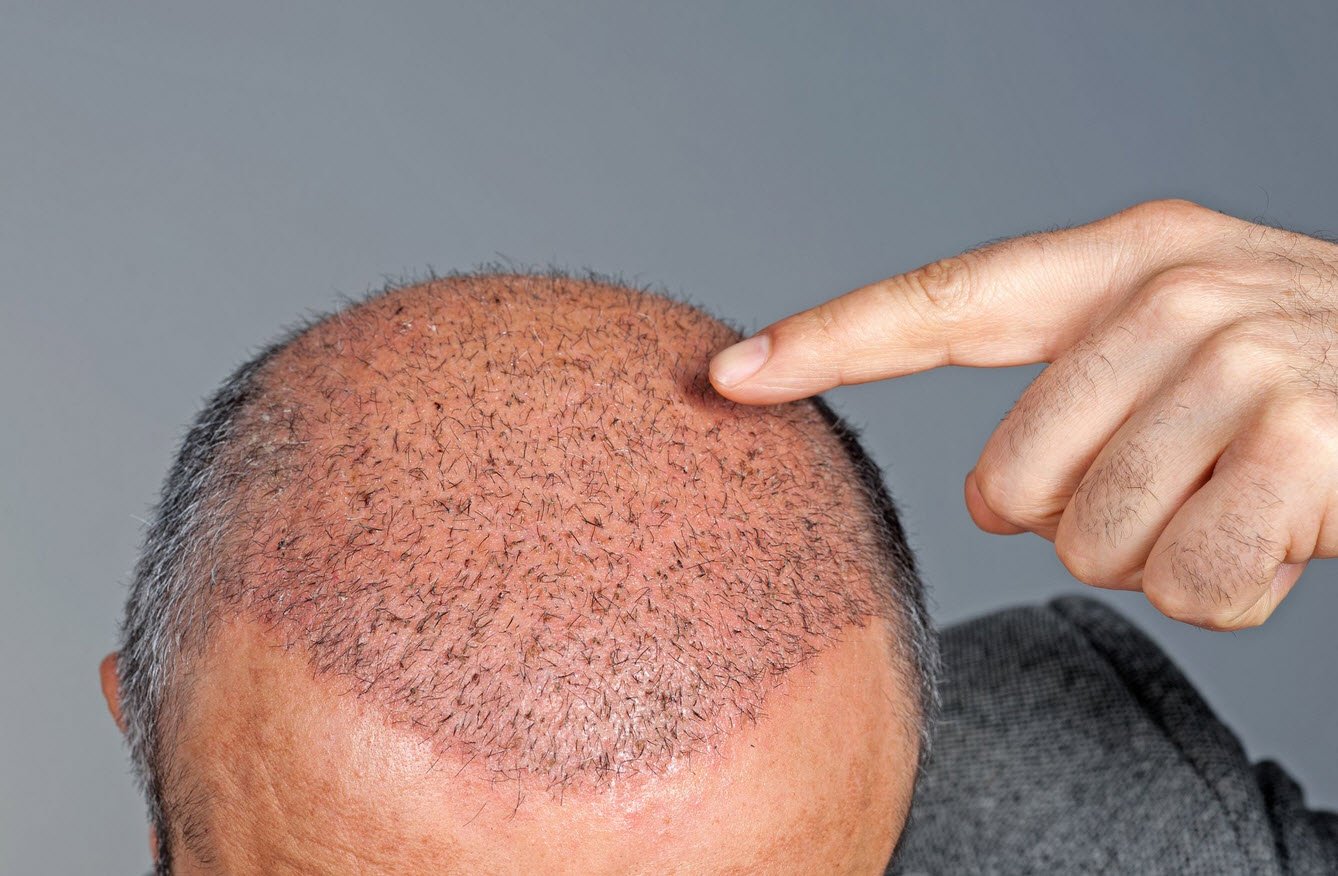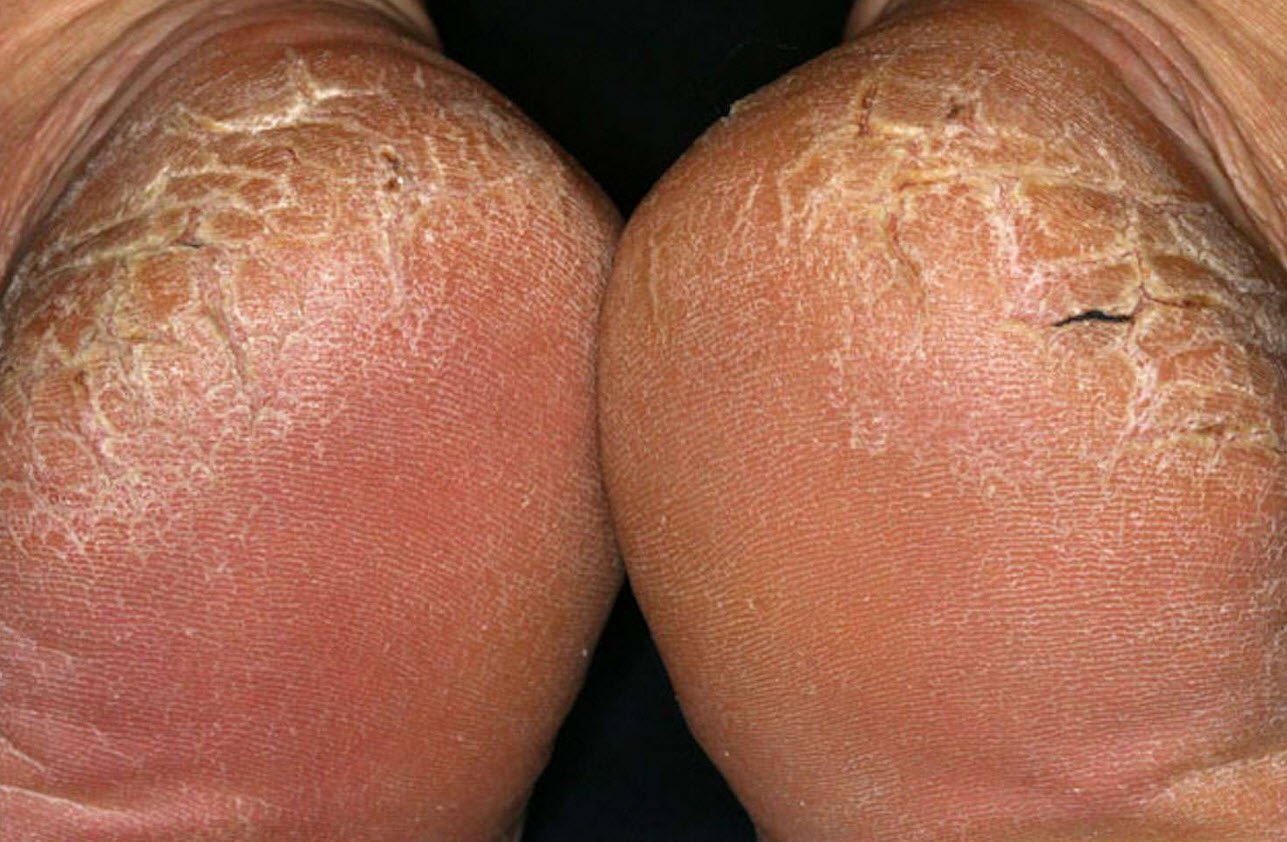
In the vast world of skincare, understanding your skin type is the key to unlocking a radiant complexion. From cleansers to moisturizers, products are often labeled with specific skin types in mind. But what exactly do these categories mean, and how can they guide us in crafting an effective skincare routine?
Let’s explore into the four primary skin types and their distinctive characteristics.
1. Dry Skin
If your skin often feels tight and uncomfortable, you may fall into the category of dry skin. This type is characterized by a lack of moisture, leading to a compromised skin barrier. Dry skin can also manifest as sensitivity and a dull complexion.
Individuals with dry skin often find relief in hydrating products that replenish moisture and support the skin’s natural protective barrier. Look for moisturizers with ingredients like hyaluronic acid and glycerin to keep your skin supple and nourished.
2. Combination Skin
For those with combination skin, the face is a tale of two textures. Typically, the cheeks may feel drier compared to the oilier T-zone, which includes the forehead and nose. Managing combination skin requires a balanced approach, catering to both dry and oily areas. Use a gentle cleanser to avoid stripping the skin of essential oils and choose products that provide hydration without causing excess oiliness.
Balancing actives like niacinamide can help regulate oil production and maintain an even skin tone.
3. Oily Skin
If your skin tends to shine a few hours after washing, you likely have oily skin. This type is characterized by an overproduction of sebum, leading to a shiny complexion and enlarged pores. Managing oily skin involves controlling excess oil while maintaining hydration.
Opt for oil-free and non-comedogenic products to prevent clogged pores. Ingredients such as salicylic acid and hyaluronic acid can be beneficial for oily skin, helping to exfoliate and hydrate without causing additional oiliness.
4. Normal Skin
Consider yourself fortunate if you fall into the category of normal skin. Your skin doesn’t feel tight or dry after cleansing, and you may not have encountered significant skincare challenges. However, this doesn’t mean you should neglect your skin.
Even if you don’t face specific issues, incorporating a simple routine with moisturizer and SPF 50 from childhood can contribute to maintaining a youthful and healthy complexion. As you age, consider introducing targeted active ingredients to address specific concerns that may arise.
You may also like:- 3 Healthy Anti-Aging Skin Care Tips for Youthful Radiance
- Top 10 Skin Care Tips for a Radiant Complexion
- Hair Replacement – 10 Useful Tips for a Confident Decision
- Do Not Let Stretch Marks Invade Your Body
- 5 Major Tips To Improved Skin Care
- Skin Care Tips to Avoid Developing Wrinkles
- Skin Fissures – Understanding Causes and Effective Treatments
- Top 10 Tips for Achieving Radiant Skin
- Subclinical Acne: Treatment Options, Prevention and More
- 9 Easy Homemade Remedies for Dandruff








